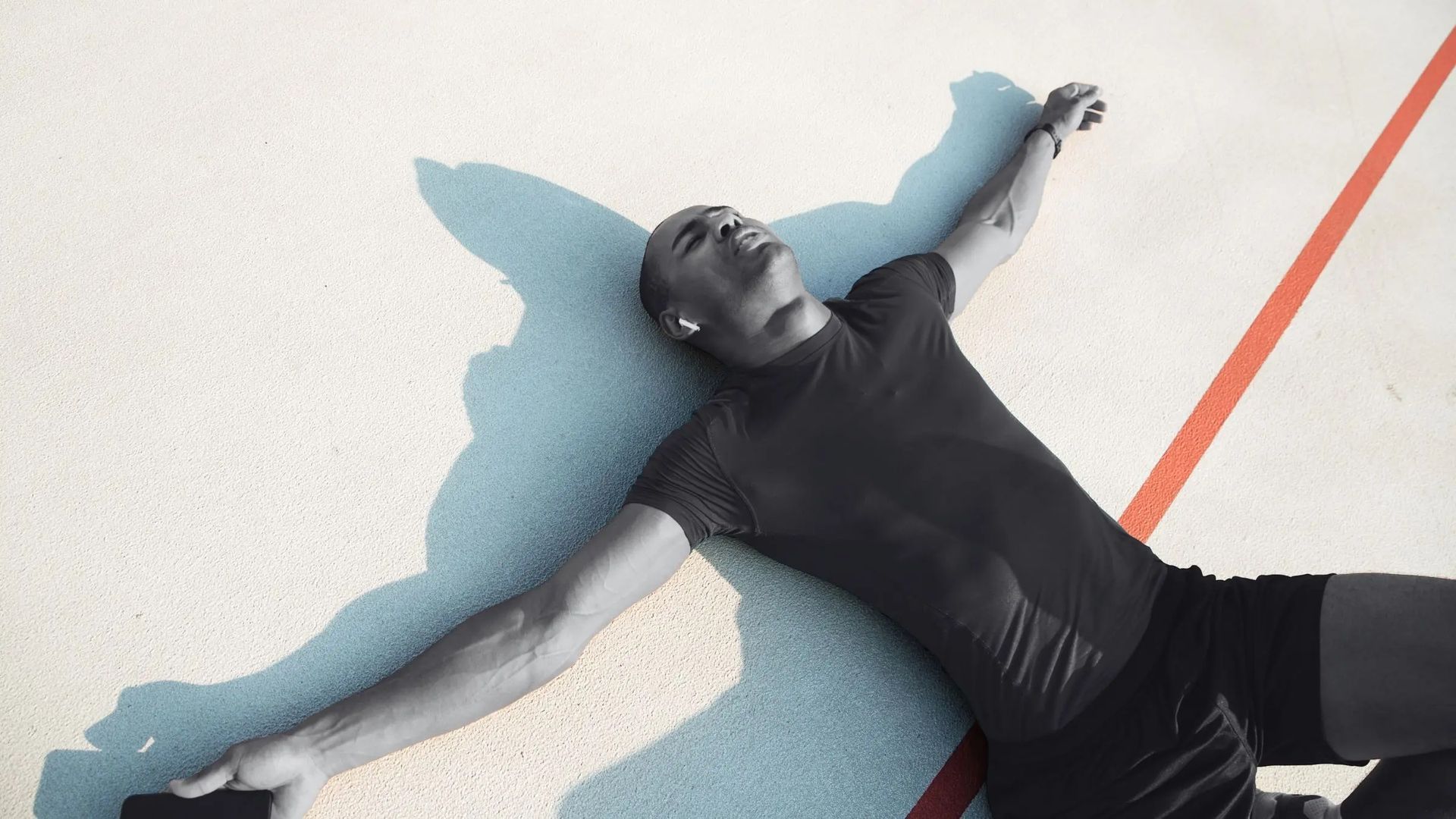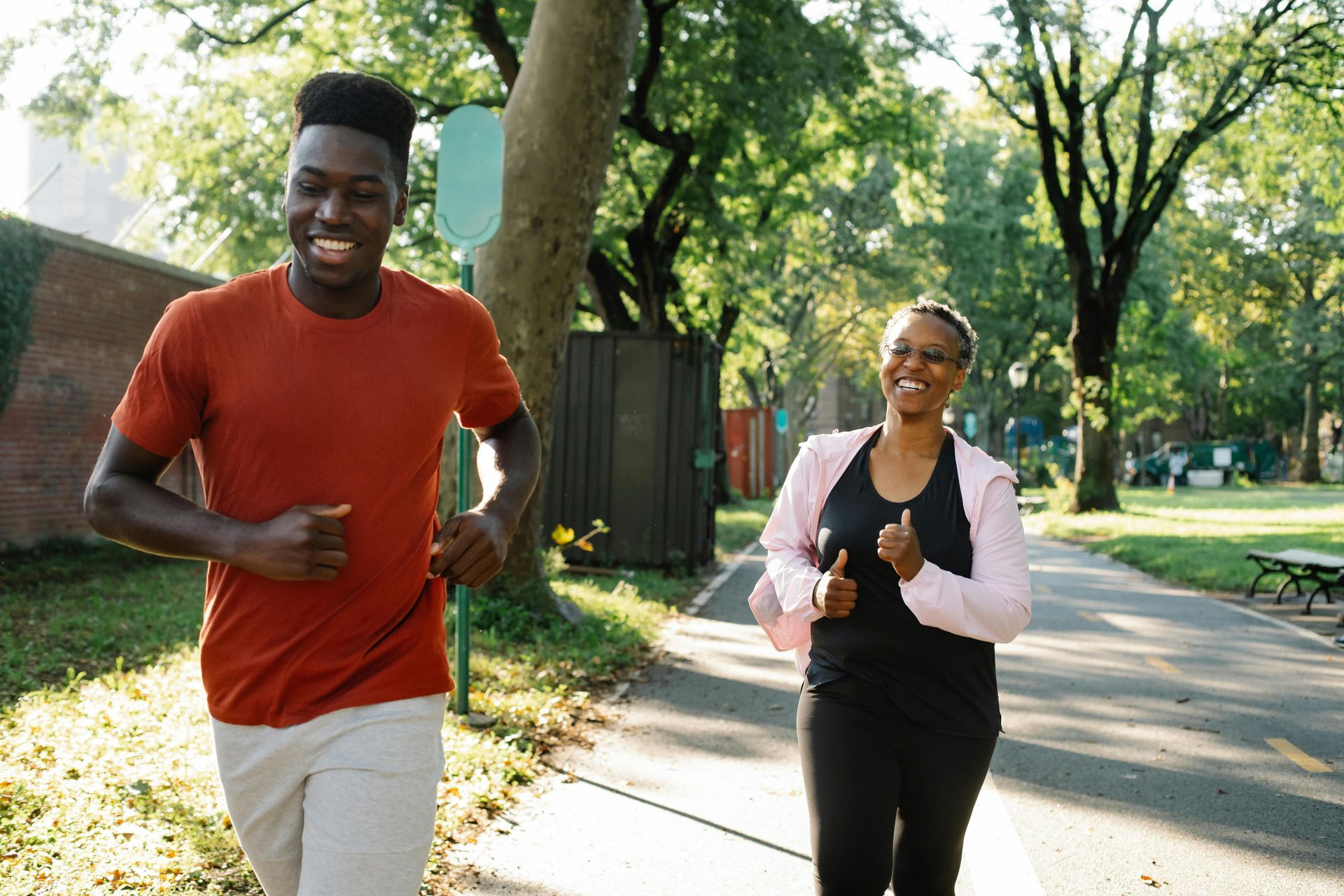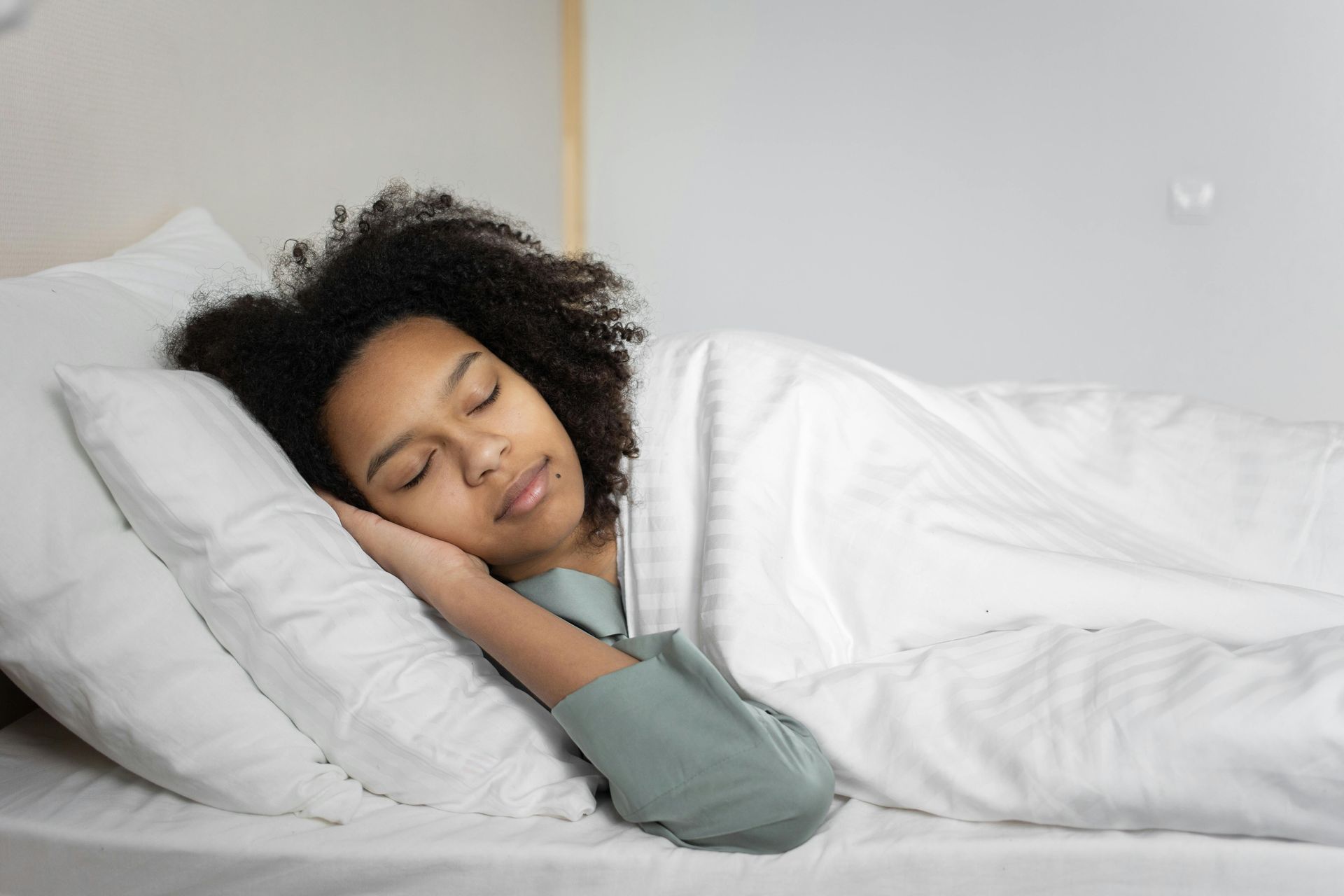6 Tips for Staying Safe While Exercising or Playing in Extreme Heat
Exercising or playing outdoors can be fun, but when temperatures rise, it’s important to take extra precautions to protect yourself from heat-related illnesses. Here are six essential tips to ensure you stay safe while staying active in extreme heat:
Stay Hydrated:
One of the most important things you can do to stay safe in extreme heat is to stay well-hydrated. Drink plenty of water before, during, and after your activity. Don’t wait until you’re thirsty to drink water, as thirst is often a late sign of dehydration.
Loading up on electrolyte drinks can also be beneficial, especially if you’re engaging in prolonged or intense exercise, as they help replenish vital minerals lost through sweat.
Make Smart Clothing Choices:
Wearing the proper clothing can significantly affect how your body handles heat. Opt for lightweight, loose-fitting, light-colored clothes that allow your body to breathe and reflect rather than absorb heat.
Listen To Your Body:
Pay close attention to how your body feels during your workout. Symptoms such as dizziness, headache, muscle cramps, nausea, or excessive sweating can be signs of heat-related illness. If you start to feel any of these symptoms, stop exercising immediately, move to a more relaxed place, and hydrate.
Wear Sunscreen:
Protecting your skin from the sun’s harmful UV rays is crucial, especially when spending extended periods outdoors. Apply a broad-spectrum sunscreen with an SPF of at least 30 to all exposed skin, even on cloudy days. Sunburn can damage your skin and interfere with your body’s ability to cool, increasing your risk of heat-related illnesses.
Acclimate to the Heat:
If you’re not used to exercising in hot conditions, give your body time to adjust. Start with shorter, less intense workouts and gradually increase the duration and intensity throughout one to two weeks.
This acclimation period helps your body adapt to the heat, making it more efficient at cooling itself and reducing the risk of heat exhaustion or heat stroke.
Get a good night’s sleep: Heat exposure one day can affect your risk the following day. If you can sleep in air conditioning and get a good night’s sleep, that may help decrease the risk of heat illness.
Exercising in extreme heat requires extra attention and planning. By following the tips above, you can enjoy the benefits of outdoor activities while minimizing the risks associated with high temperatures. Stay safe and have fun in the sun!
Credit Susan Yeargin 6 tips for staying safe while exercising or playing in extreme heat, https://www.pbs.org/newshour/health/6-tips-for-staying-safe-in-while-exercising-or-playing-in-extreme-heat
















